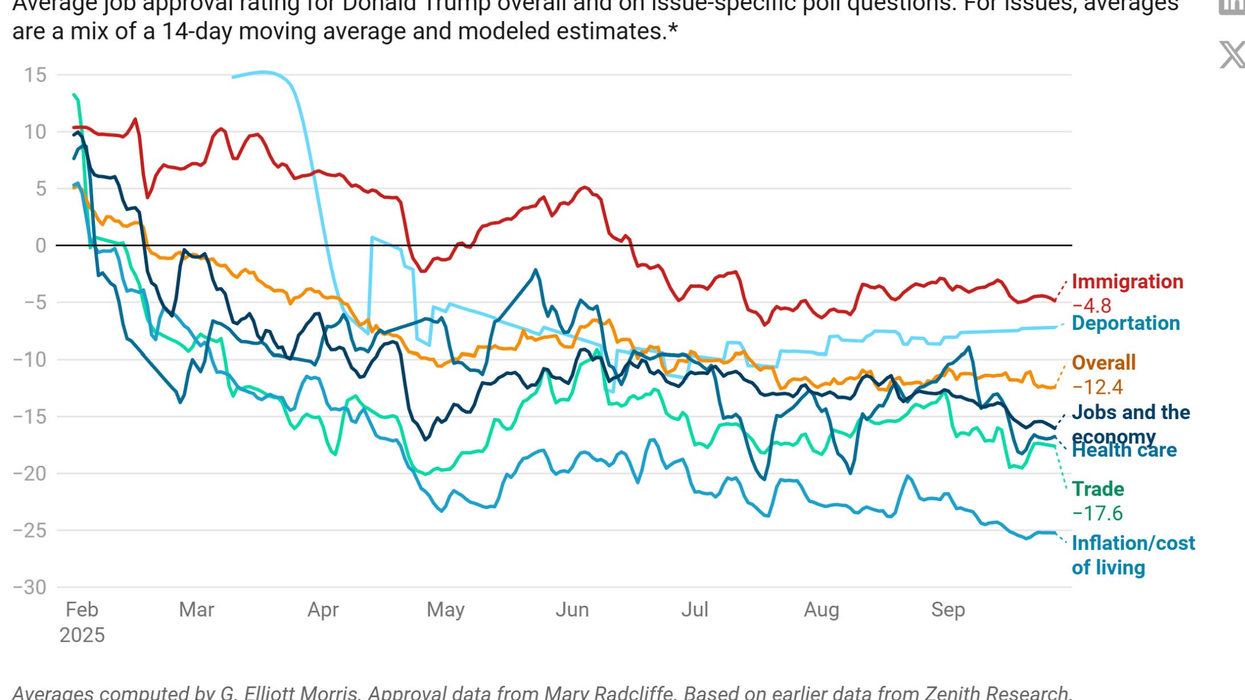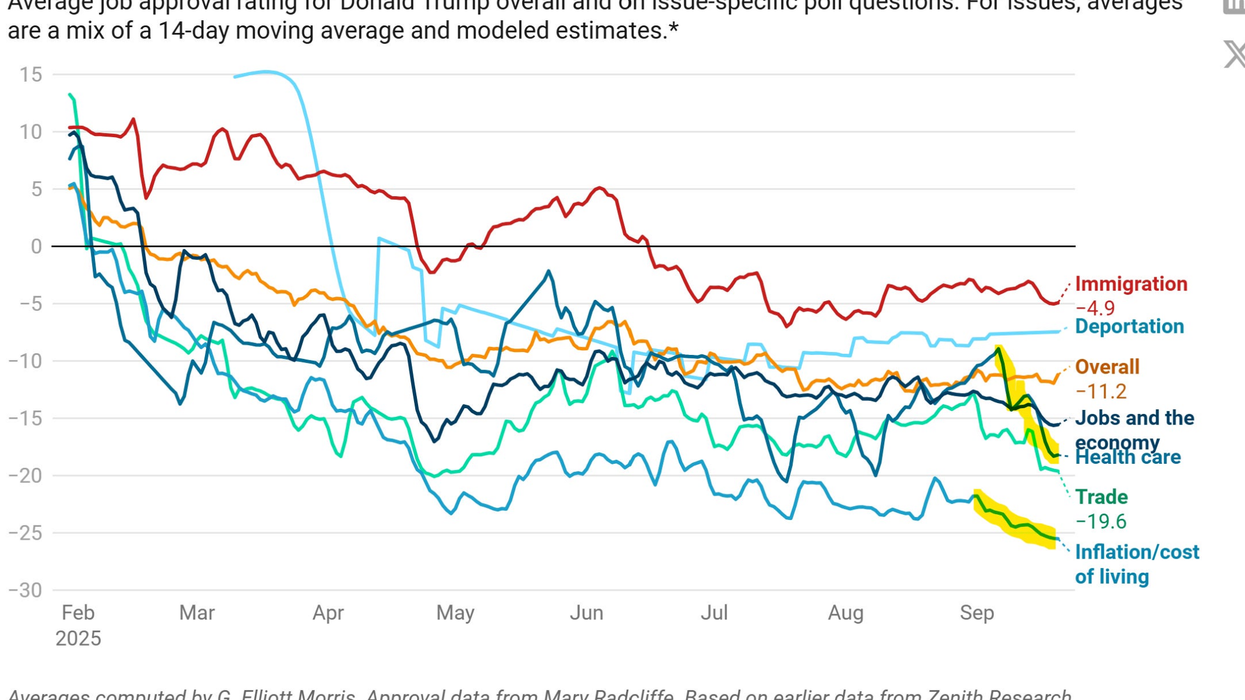MAGA Meltdown Over Pope Leo's Remarks On Abortion, Death Penalty
In a rare moment of direct commentary on American politics, Pope Leo XIV ignited a firestorm among conservative Catholics and MAGA-aligned figures after defending Chicago Cardinal Blase Cupich’s decision to honor longtime Sen. Dick Durbin (D-IL) — a pro-choice Democrat — for his decades of public service.
Speaking to reporters at the Vatican on Tuesday night, Pope Leo XIV called for a broader, more consistent interpretation of Catholic social teaching, particularly around what it means to be "pro-life."
“I think that is very important to look at the overall work that this Senator has done during, if I'm not mistaken, 40 years of service in the United States Senate,” the pope said.
“I understand the difficulty and the tensions, but I think, as I myself have spoken in the past, it’s important to look at many issues that are related to what is the teaching of the Church," the pontiff said. "Someone who says 'I'm against abortion but I'm in favor of the death penalty' is not really pro-life. So someone who says 'I'm against abortion but I'm in agreement with the inhuman treatment of immigrants who are in the United States' — I don't know if that's pro-life.”
The remarks came just days after Cardinal Cupich announced that Durbin would receive the Archbishop Bernardin Award for Public Witness, praising the Illinois Democrat’s “lifelong commitment to human dignity, social justice and the common good.” The reaction from the MAGA wing of the American Catholic community to Pope Leo XIV's remarks was swift and vitriolic.
Conservative influencers, commentators, and clergy accused both Cupich and Pope Leo XIV of "selling out" the pro-life cause and elevating politics over doctrine.
MAGA filmmaker and anti-DEI advocate Robby Statbuck wrote: “Pope after Pope has been a disappointing profile in cowardice who I just can’t look to as a leader. If Robert Sarah was Pope, this would not happen. Many would come back to the church then. Leo sounds like another Francis.”
Joe Rigney, an associate pastor, wrote: “I know that Protestants are supposed to be sheepish in the face of Catholic social teaching (‘deep in history,’ layers of tradition, antiquity, etc), but when the ‘Vicar’ of Christ and the successor of Peter morally equates abortion, deportations, and the death penalty for heinous crimes, and then proceeds to bless a block of ice in order to save the planet from climate change, I admit to being decidedly unimpressed with the ‘seamless garment.’”
Far-right podcaster and self-described traditional Catholic Matt Walsh wrote: “Really terrible answer from Pope Leo. God Himself prescribes the death penalty in the Bible. Is the Pope saying that God is ‘not pro-life’? And who exactly is advocating for ‘inhumane treatment of immigrants’? What sort of inhumane treatment is he referring to? Deportations? Also, how can he say that ‘nobody has all the truth’ on any of these issues? We know the truth on abortion. It isn't complicated. Awful stuff from the Pope. Truly horrendous on about five different levels.”
He continued: “Even if you disagree with the death penalty, to draw a moral equivalence between executing convicted murders after a fair trial and dismembering children in the womb is moral madness. Reddit-tier nonsense coming from the Pope. Very disturbing.”
Michael Heinlein, a Catholic commentator, wrote: “A terribly unclear question made this all the worse. As Cardinal George used to say ‘don’t tell me how you feel, tell me what you think!’”
Christopher Hale, a former Democratic nominee for Congress, mocked the MAGA backlash and wrote: “Maybe if he said it in Latin while wearing the papal tiara, MAGA would listen to him.”
Reprinted with permission from Alternet.












